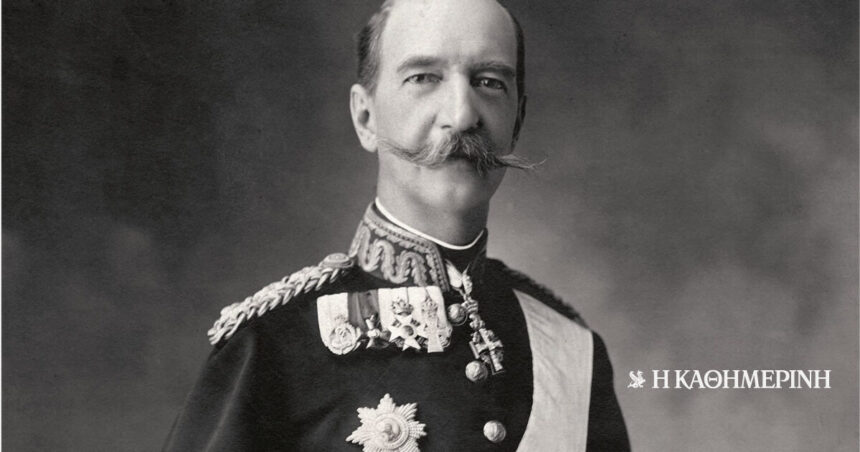The news of the selection of Prince William as the new king in Greece did not come as a thunderbolt to the family of the heir to the throne of Denmark, Christian. In the referendum for the election of a new king, which was held in November-December 1862, Alfred, the second son of Queen Victoria of the United Kingdom of Great Britain and Ireland, emerged first in votes, with 230,016 Greeks in favor of his elevation to the Greek throne. Seventeen-year-old William received just six votes. He himself seems not to have been particularly upset about not being elected to the throne of Greece. Jokingly, in fact, he declared to his classmates at the Danish Naval Cadet School, where he studied: “I am proud, because I was voted in by the Greeks! I would love to meet them, so I could thank them one by one!”
Alfred was ultimately unable to assume the duties of king in Greece, as the Protocol of Independence of 22 January/3 February 1830 forbade members of the royal houses of the three Protecting Powers to be restored to the Greek throne. Having first rejected several princes of the dynastic houses of Europe, the Prime Minister of the United Kingdom Viscount Palmerston nominated as the new king in Greece the second son of the later king of Denmark Christian I ́. The news of the choice of the young Danish prince reached Greece in March 1863. On March 18/30, the National Assembly issued the KE ́ Resolution announcing “it elects Christian-William-Ferdinand-Adolf-George, second-born Prince of Denmark son of Prince Christian of Denmark constitutional King of the Greeks under the name: George I, King of the Greeks”.
The young king of the Greeks was born on 12/24 December 1845 in the Yellow Palace on Amaliengande Street, next to the Amalienborg Royal Palaces in Copenhagen. He grew up in a loving family, which offered its children a worthy upbringing and education. He is described in the sources as a pleasant, restrained and polite teenager who, despite his young age, was possessed by a strong sense of duty, fully aware of the responsibilities he assumed as king of the Greeks. In appearance the young king is described as a handsome teenager with a lithe build and a Northern European appearance.
The ceremony of offering the Greek crown to the new king of the Greeks, George I, took place with all solemnity on 25 May/6 June 1863. A few months later, on 5/17 September, George I left Copenhagen for his new kingdom. After first making a series of visits to the capitals of the Protecting Powers and other major European cities, he arrived on October 18/30 in Athens, a small city of a few tens of thousands of inhabitants, whose daily life was completely different from the one he was used to in Denmark. George I was received with enthusiasm by the people who had gathered in Piraeus. Among the gathered crowd there were certainly those who had experienced similar scenes in the past, first during the reception of Ioannis Kapodistrias and then during the Abbotataria of the young Othon. The new “Messiah” of Greece was now George I.
Column editor: Myrto Katsigera, Vassilis Minakakis, Antigoni-Despina Poimenidou, Athanasios Syroplakis




